Inflation rises in Germany as Russia-related energy crisis escalates
Inflation has risen in Germany due to the rising cost of energy prices, exacerbated by Russia’s ban on gas supplies to Europe, with politicians and senior officials already warning that energy needs to be conserved ahead of the cold season this autumn.
Western countries have been attempting to pivot from Russian energy sources after the Russian-Ukraine conflict began on February 24. Some have imposed sanctions on Russia’s energy sector in an attempt to cut off funding to its military, while Russia itself has cut off some gas supplies to countries, including Germany, over their refusal to pay in rubles.
“Energy policy is not just a question of price. Energy policy is also security policy,” Chancellor Olaf Scholz said at an event hosted by the Renewable Energy Association on Wednesday. “That’s why we now have to turbo-charge the expansion of renewable energy,” he said.
In a video podcast on Saturday, the German leader warned of a ticking time bomb for society and admitted that rising prices had become a major cause of concern and unbridled inflation was troubling many citizens.
Scholz said, however, that in order to weather the country’s economic problems, the population needed to stick together. “We must link arms and stick together to come through this very difficult time safely,” he said in his weekly message to the nation.
Germany’s Economy and Climate Ministry has announced that it previously imported around 55% of its gas needs from Russia but that those imports had fallen to 35% by mid-April. Germany says that Russian imports could account for as little as 10% of its natural gas consumption by summer 2024.
Meanwhile on Friday, Hamburg Senator for Environment Jens Kerstan said the city would ration hot water supplies to private homes and limit maximum heating temperature in the event of a sharp gas shortage.
“In an acute gas shortage, warm water could only be made available at certain times of the day in an emergency,” said Kerstan.
Government authorities are appealing to citizens and companies to slash energy consumption and help the country fill its gas storage capacity by winter while cities are also contemplating other measures if gas runs out.
As Germany rushes to find alternative gas routes and supplies with LNG as a possibility, the senator also cautioned that a temporary liquefied natural gas (LNG) terminal in Hamburg would not be operational until the middle of next year at the earliest.
Germany halted the Nord Stream 2 gas pipeline project, which was designed to double the flow of Russian gas heading directly to Germany, in response to Russia’s military campaign in Ukraine.
Europe depends on Russia for about 40% of its natural gas.
VIDEO | Press TV's news headlines
July 26: ‘Axis of Resistance’ operations against Israeli occupation
Palestinian resistance fighters hit Israeli Merkava 4 tanks
VIDEO | UK police brutal assault on Muslim family sparks outrage, protests
Hamas: Death of leader in Israeli jail amounts to murder
EU sends €1.5 billion to Ukraine from frozen Russian assets
VIDEO | Millions of Yemenis rally for Gaza, call for more anti-Israel operations
UN chief calls for Olympic truce as games begin in Paris


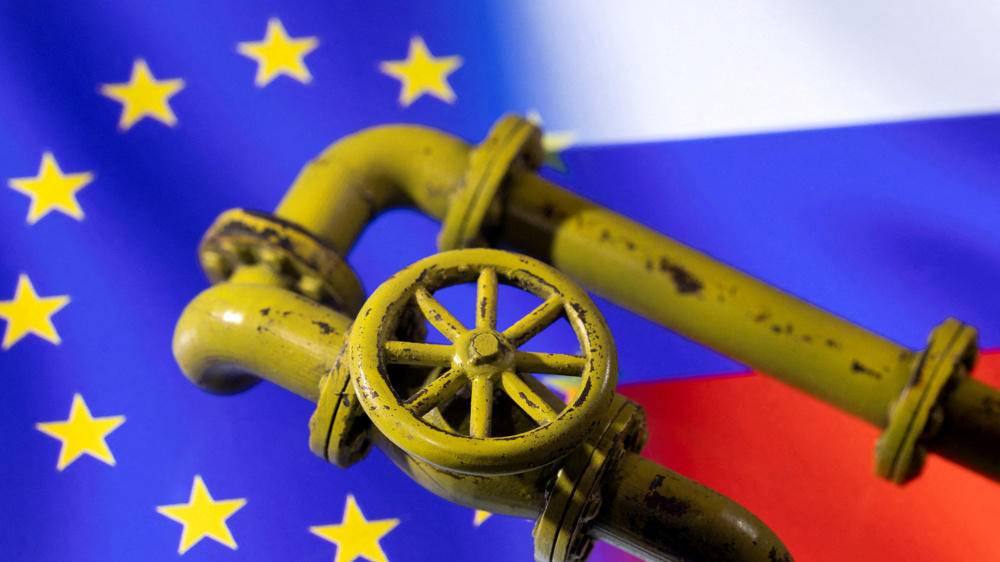
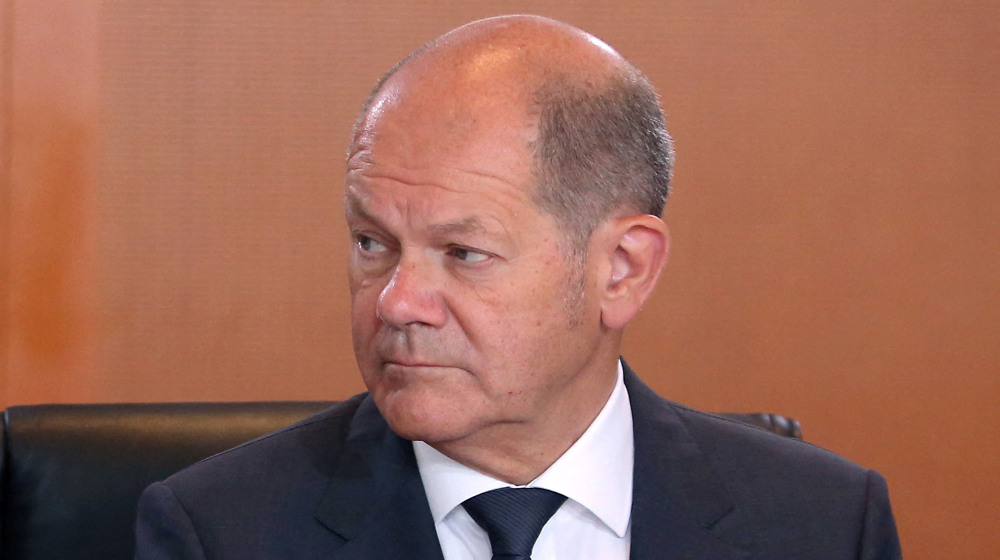
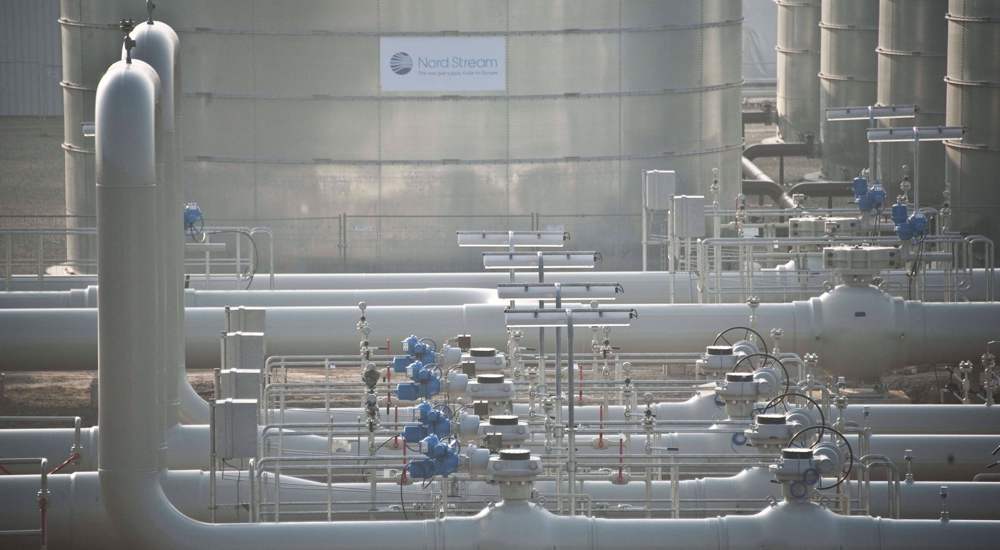
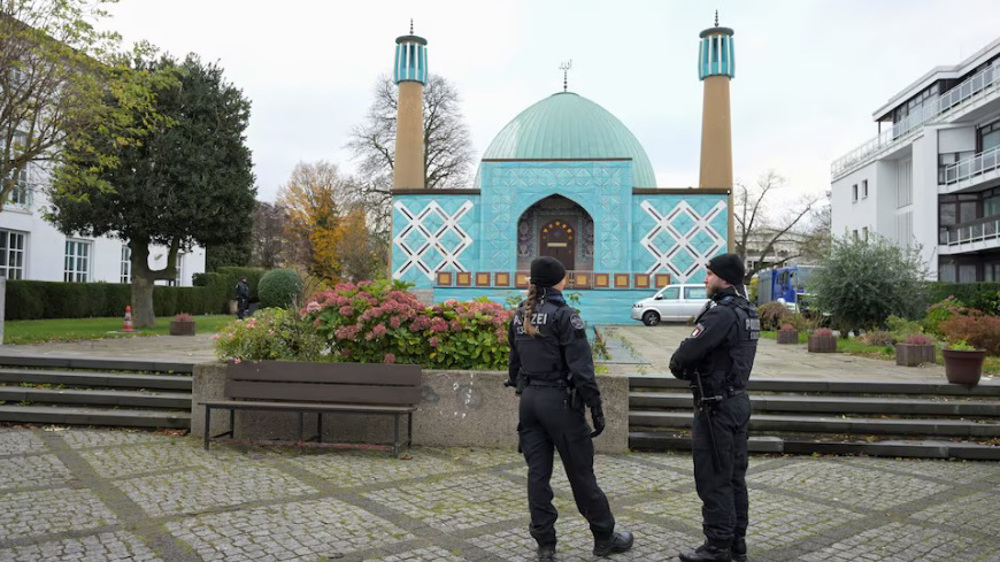
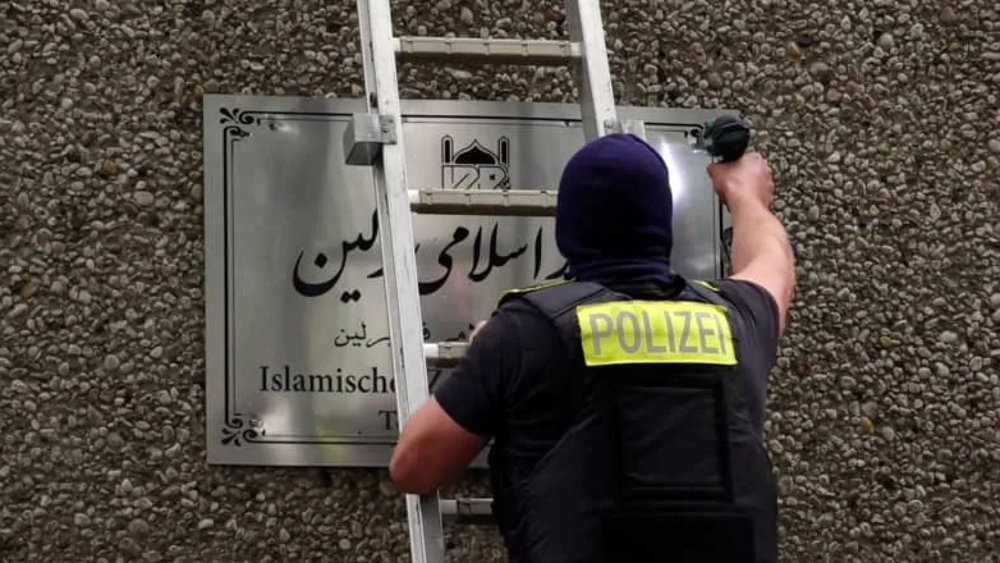
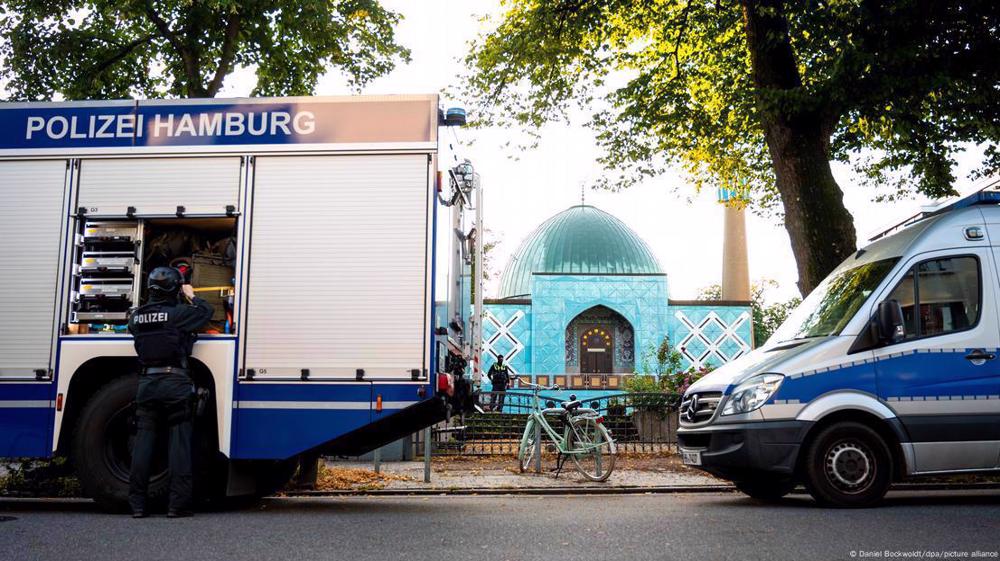



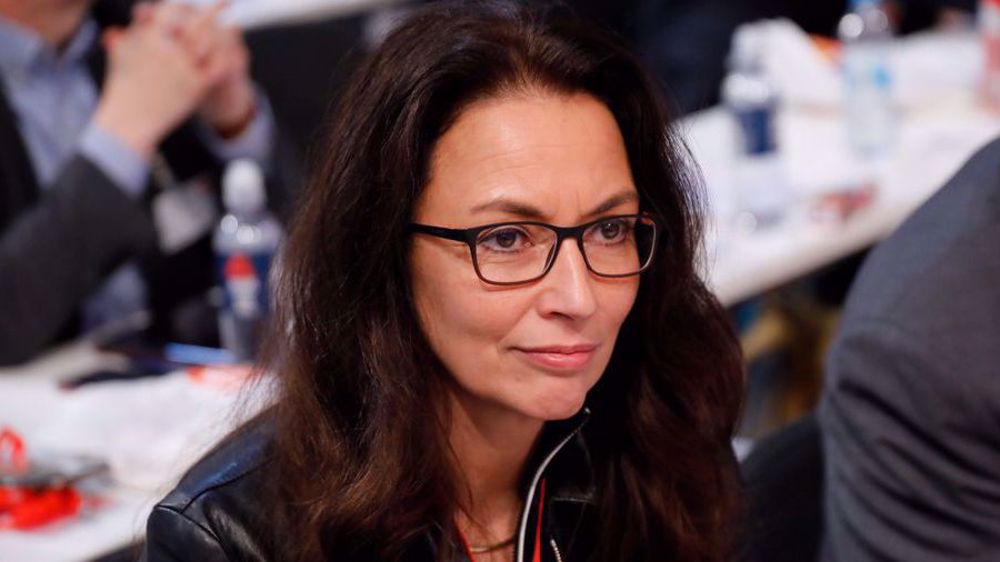
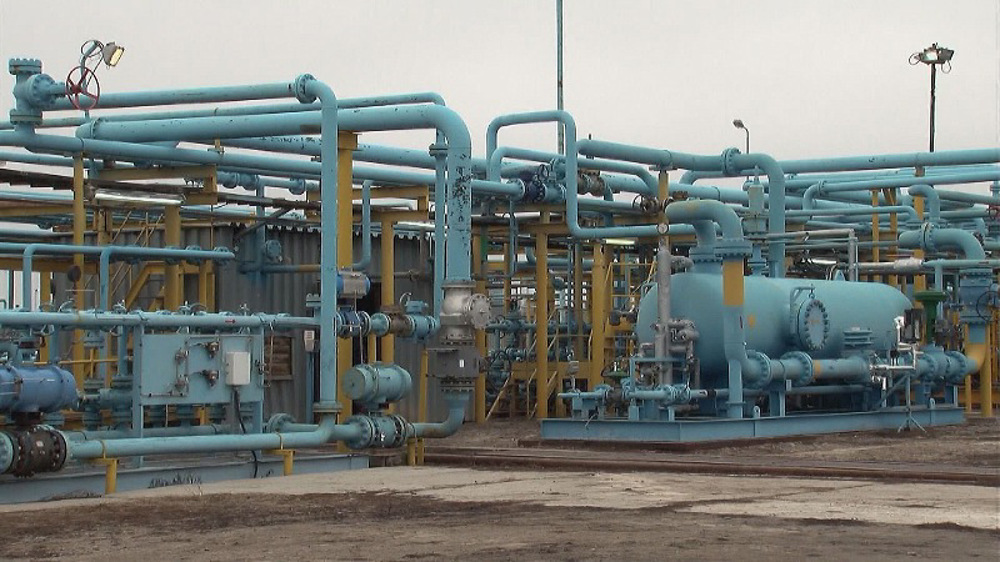
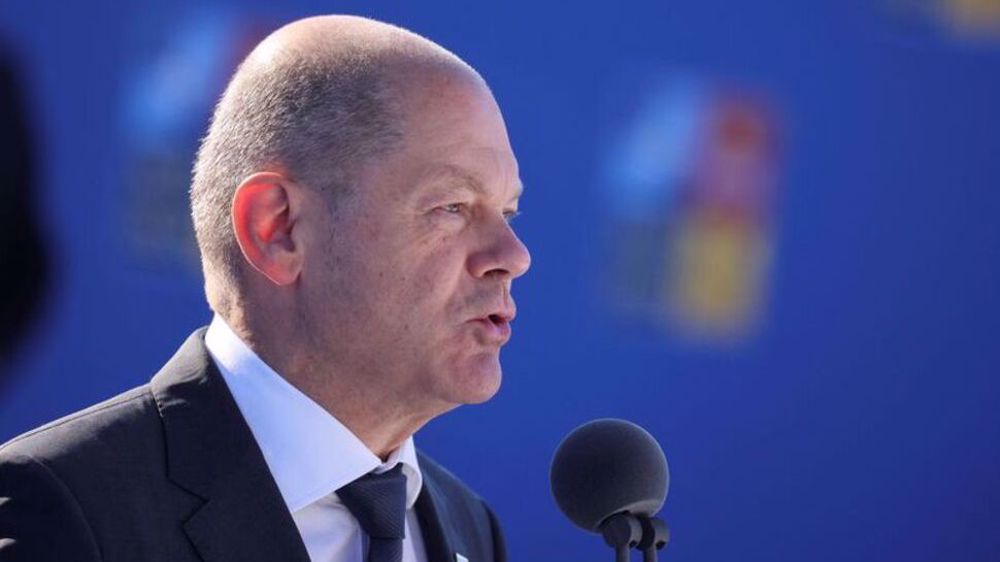
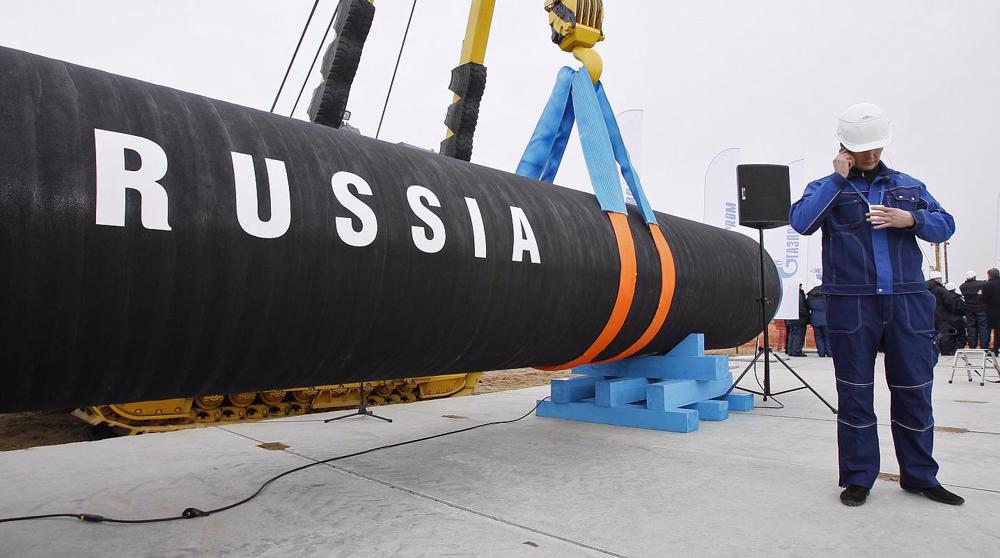

 This makes it easy to access the Press TV website
This makes it easy to access the Press TV website